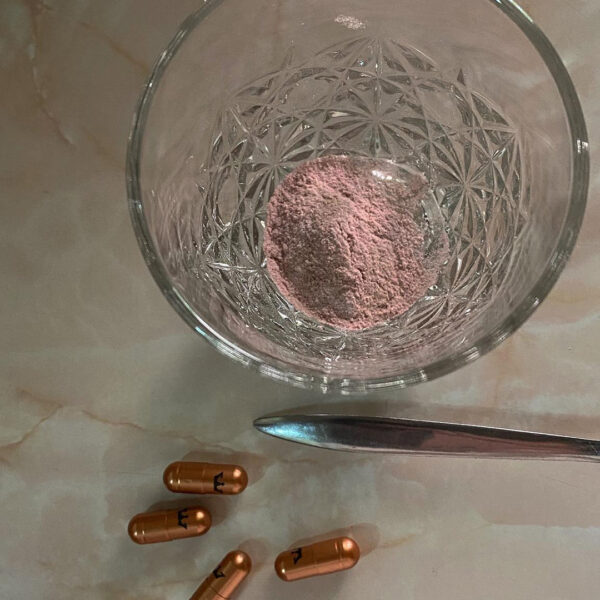Happiness and positivity come from inside of us rather than from external factors. We are magnetic; like attracts like. Have you ever noticed that when you’re in a positive, radiant, good mood, more goodness just seems to flow in your direction? It can be hard to stay in that mental state—we tend to expect the worst, manifesting it rather than predicting or preparing. Positive people exist in that realm of expecting the best, and it often yields the best. Here’s how they do it.
1. Positive people are accepting
People with a positive outlook don’t hold grudges or live in a place of perpetual scarcity. They accept things as they are with a level of understanding, forgiving situations for what they are, forgiving others, and moving forward.
Try being open to differences without judgment. This allows you to be more open-minded and well-rounded, expanding your social circles.
2. Positive people aren’t afraid to daydream
Daydreaming and visualization serves a purpose of pleasure, so positive people don’t treat it like a weakness or a waste of time. The time they spend daydreaming and visualizing works as an instrument of manifestation, helping them attract more positive things into their lives.
Think of your dream home or vacation, and plan how you would decorate or where you would go.
3. Positive people don’t self-punish
Positive people understand that beating themselves up for mistakes, failures, and poor choices only holds them at a standstill.
Try to refrain from using negative self-talk to address yourself; simply learn from your mistakes and carry lessons into new experiences.
4. Positive people don’t exist in a victim mindset
They don’t constantly blame others, situations, circumstances, or themselves for negative occurrences, because they know that holds them back. They aren’t delusional—they own up to their mistakes and take responsibility for themselves, but they also believe in their success and the success of others.
Try to remind yourself that you’re in control of your outcome, despite inevitable road blocks and bumps.
5. Positive people are proactive
Positive people don’t wait for change or success; they go after it. They don’t wait for luck or for other people to do things for them.
Think creatively and look for solutions and ways to change your own circumstances.
6. Positive people practice gratitude
Jealousy may be a disease, but so is forgetting all the good that we have. Positive people reflect on the goodness in their lives often.
Communicate your gratitude by sharing sweet words with loved ones, and with generosity— it will come back tenfold.
7. Positive people know how to let go
When relationships, jobs, finances, or otherwise don’t go the way they planned, positive people know how to let go. They focus on what’s ahead of them and look forward to more new opportunities rather than holding tight to the past.
Think about what you’re holding onto right now, and if that emotional grip is serving any purpose. If it is not, try journaling it out, then thinking of the next step.
8. Positive people don’t let their fears dictate their lives
Positive people don’t let self-doubt rule all their decisions. They go for big dreams, reach out to connections, and try until they succeed at something that feels right.
Let go of the “I can’t” mindset and start believing that you can do anything you want. Don’t be afraid to ask for help.
9. Positive people don’t compare
Positive people don’t focus on what other people have that they don’t. They let themselves be happy for what others have and be proud of what they’ve accomplished.
Don’t subscribe to the narrative, “Oh, she’s amazing and so lucky, I could never …” Be content with who you are.
10. Positive people celebrate small wins
Positive people live their lives blissed out on the little things. Our lives are made up of the little things, after all.
So if we choose to be positive people that celebrate every small win, success, accomplishment, or blessing, we spend most of our time feeling grateful and happy … something to write down.
Shop our mental health collection:
The content provided in this article is provided for information purposes only and is not a substitute for professional advice and consultation, including professional medical advice and consultation; it is provided with the understanding that Poosh, LLC (“Poosh”) is not engaged in the provision or rendering of medical advice or services. You understand and agree that Poosh shall not be liable for any claim, loss, or damage arising out of the use of, or reliance upon any content or information in the article.
Up next, be the first to know our weekly content and sign up for our Poosh newsletter.





































